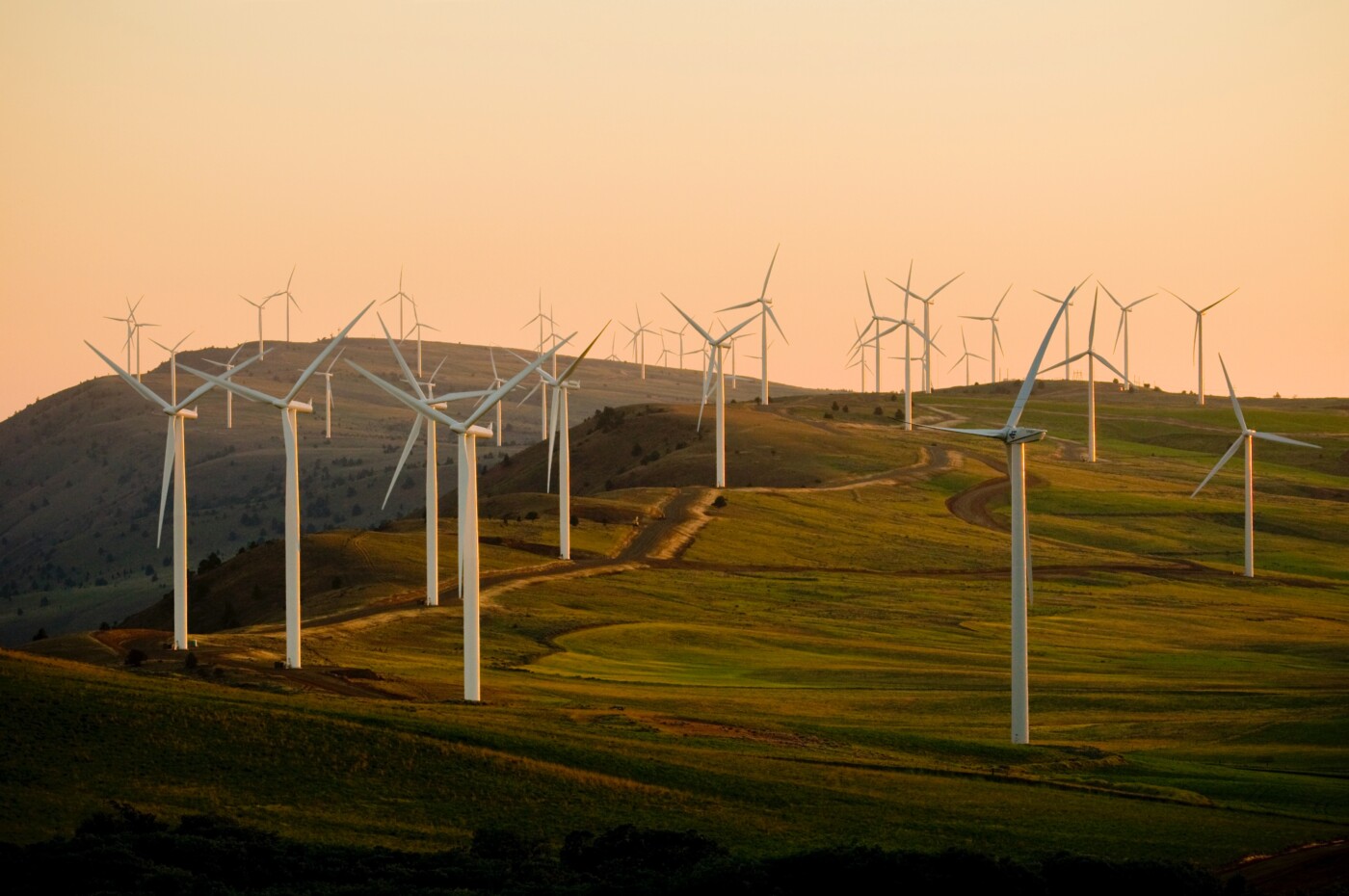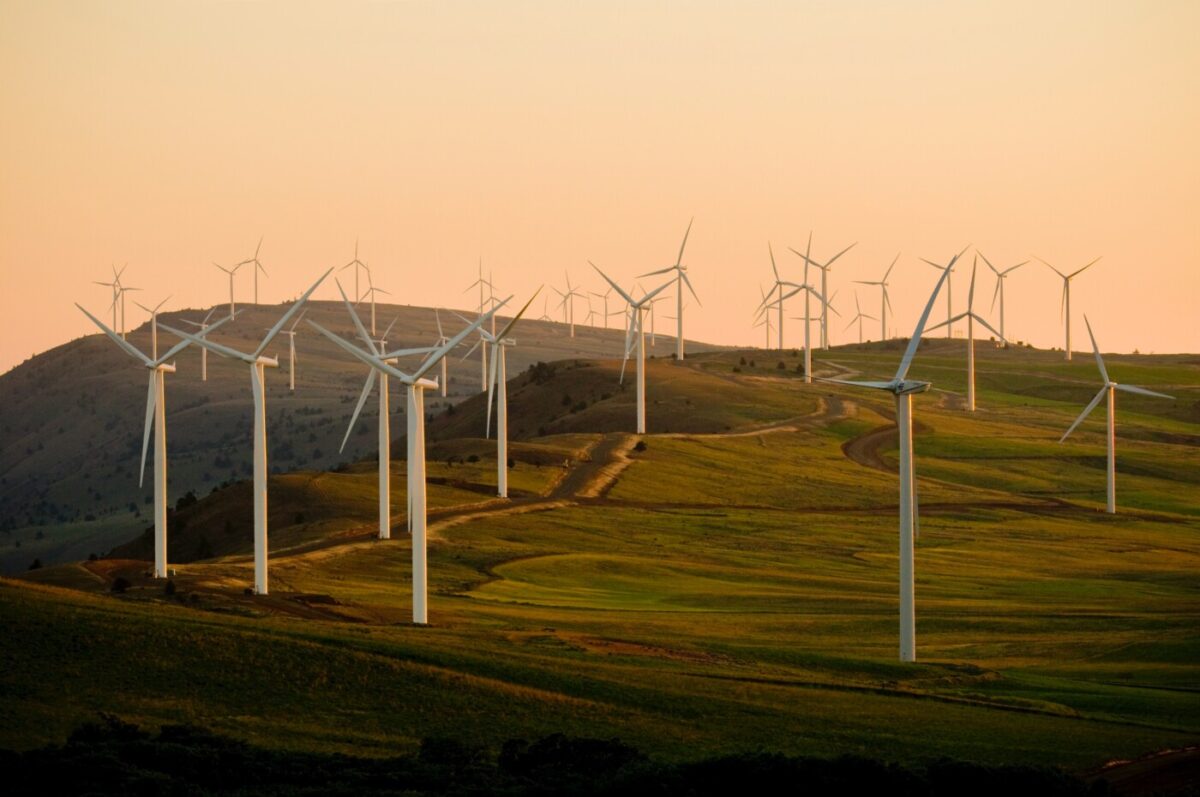ECI Chair, John Fotherby shares his thoughts regarding the LinkedIn post by Christian Bruch (President & CEO Siemens Energy) in relation to COP 28, Dubai. See below for more…

Christian Bruch’s (President & CEO, Siemens Energy) Linked-in post on 17 December 2023 regarding COP 28 in Dubai makes some interesting and noteworthy observations which I would like to expand upon.
In With The New And Not Quite Out With The Old
He makes two points – fossil fuels will be needed for the foreseeable future to meet the world’s growing energy demand with the implication that new or upgraded plants in this sector will continue to be developed which on recent sector forecasts will be significant investments and, conversely, 45% of all emissions savings in 2050 will come from technologies that have yet to reach the market and that the volume of work involved in delivering these new technology projects is huge. Thus, the old and well proven technologies of fossil fuels will have to coexist with emerging technologies and which, to a substantial extent, both will draw on the same resources pool and supply networks. The old technology industrial plant sector does not have an enviable delivery track record given the well-reported schedule and budget overruns and facilities not starting-up and operating as intended, and the same “disease” is infecting “new-age” technology projects such wind farms and solar energy plants. The simple fact is that there has been and continues to be a huge wastage in resource utilisation by adherence to outdated and highly ineffective contracting and delivery practices. Those enlightened will know precisely what I am talking about. The engineering construction industry globally is acutely short of the resources it requires. Eliminating the wastage by fundamentally changing mindset, behaviours and practice has the potential of creating a greater resource pool availability without increasing the numbers, although an increase will in any case be necessary. However, self-interest of individual parties has so far largely negated possibility of reducing wastage.
Do We Want To Make Energy Transition Happen?
From his discussions with political, business, and financial leaders Christian Bruch reports that there was a clear desire to work much more closely together. That of itself is encouraging. However, words are for nothing if they are not supported by action. The means for collaborative working and contracting have been available for more than 30 years, but thus far the majority of industry has shown little interest in departing from the conventional approach, despite its well-reported failings. However, Christian Bruch makes the fundamental point that all stakeholders need to act as if we want to make the energy transition happen. Quite so. But is the will and the energy there to do it? Perhaps the science, despite its reported doubters, may be sufficient to cause enough stakeholders to create the necessary change. However, given the nexus between the fossil fuel and energy transition sectors, especially in terms of resources and supply networks, leaves open the question, can one sector make radical and sustained change without the other coming along? I doubt it. Thus, like it or not, the fact is that energy transition must happen if the massive reductions in carbon emissions etc are to be achieved by 2050 and, most probably, that will require the old and the new industry sectors working closely together to achieve the common goal.
It’s The Economics, Stupid
Christian Bruch makes the point that climate change will cost a lot of money, the investments will need a business case, energy cannot continue to get cheaper and funding the energy projects across industries will require a shift in mindset. Absolutely. He also raises the fundamental question – how do we make innovative technologies commercially viable? But none of this is new. John Ruskin (mid-19th century English art critic, business commentator and philosopher) advised that in business you cannot get a lot and only pay a little – it cannot be done. If we are to succeed in achieving net zero 2050 (already recognised to be a lot) it is essential to procure for value, not cost – the race to the bottom must become a feature of history. It certainly has no place in achieving the net zero target. Economic outturn results on investments for all stakeholders will be substantially reliant upon having and adhering to the predictable implementation plans referred to by Christian Bruch. But that will require a seismic shift in the way projects are conceived and delivered. But can we afford not to change – if we want to achieve net zero 2050?
Nothing Without Effective Leadership
There can be no doubt, as Christian Bruch observes, that governments around the world must take decisive actions to make the first ever commitment to phasing out fossil fuels a reality. But the flip side of this is that those same governments must facilitate the acceleration of energy transition, in particular providing the necessary support to expedite the introduction of new technologies. However, investors and all stakeholders, including supply networks, must also play their part in driving the change needed to achieve net zero 2050. For those organisations already implementing change geared to this objective, share your strategies and successes such that others are encouraged to follow. While it falls initially to investors to exhibit effective leadership in changing the way they want their projects conceived and delivered, the supply networks must be right in line to take over the leadership mantel for project delivery. A wise man said – a good leader needs to be a good follower!
John Fotherby
Chair, European Construction Institute
Partner at Kingsfield Academy.


